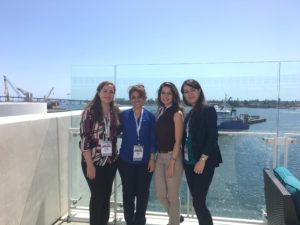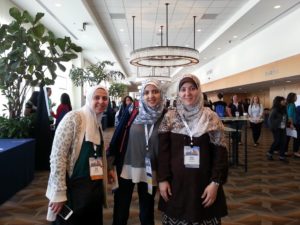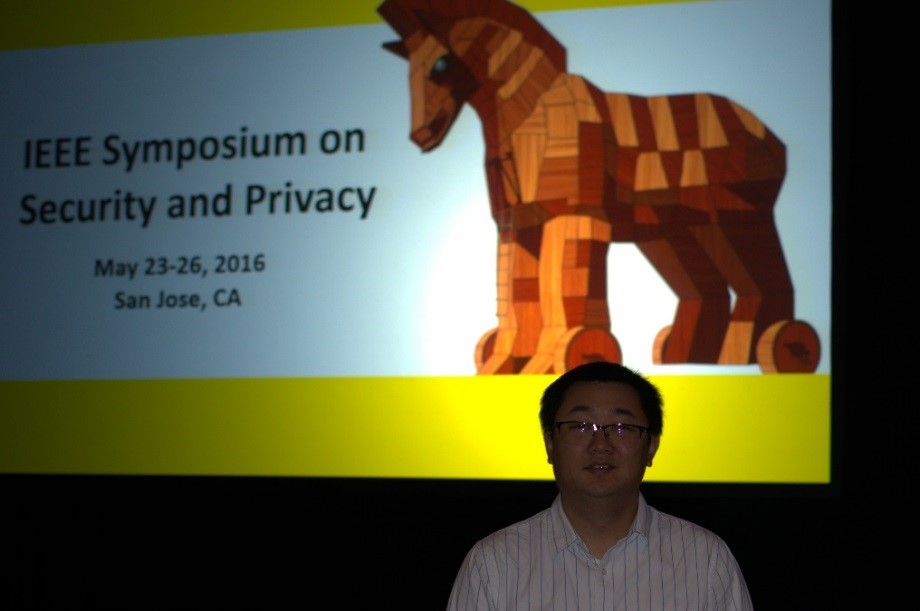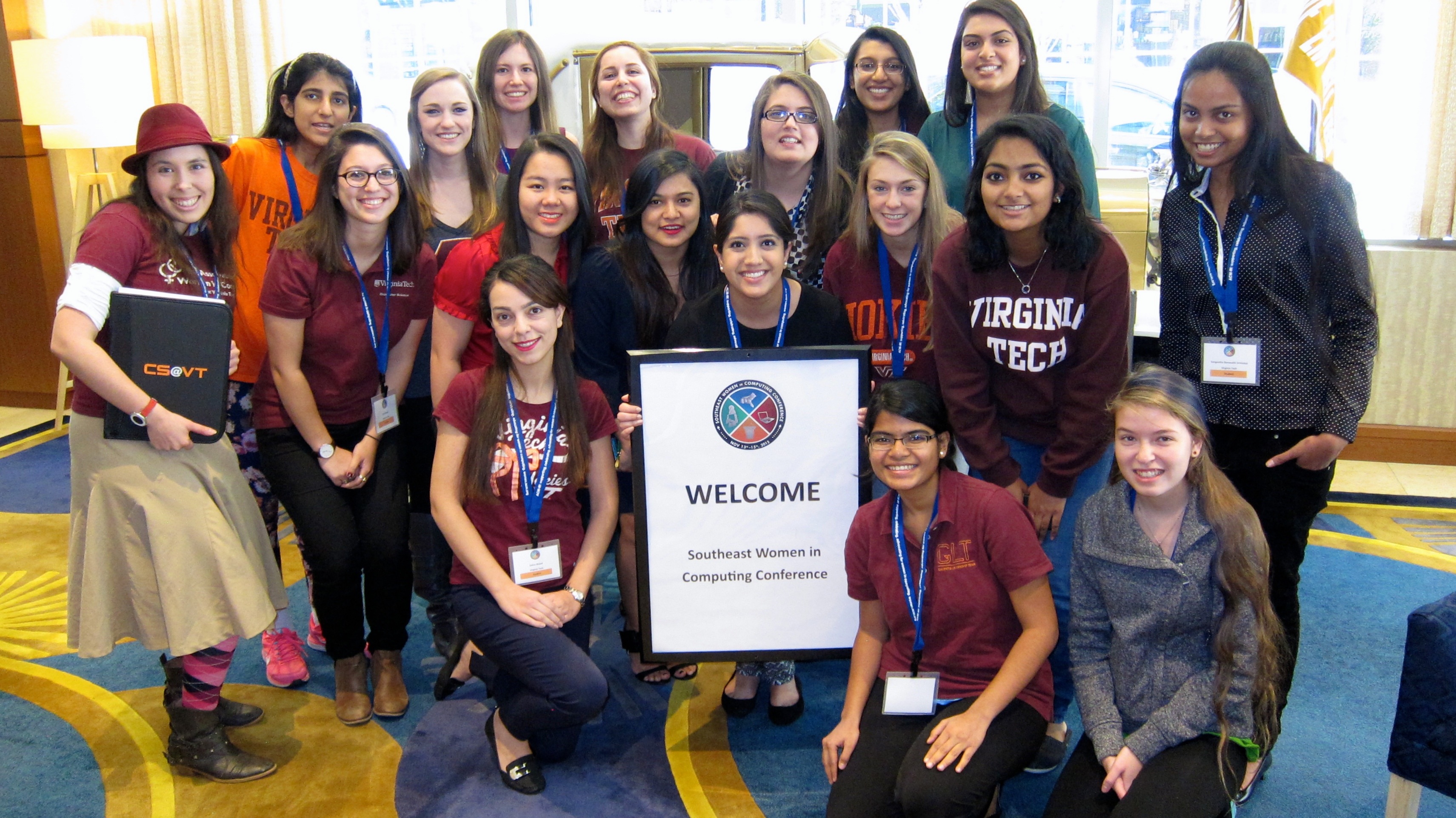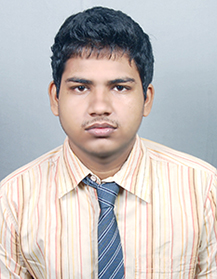An interdisciplinary study conducted by researchers at Virginia Tech suggests the secret to obtaining your summertime fitness goals might not be the amount of weight you’re bench pressing or how many miles you run, but generating friendly competition to keep you one step ahead of your fitness buddies.
The concept of friendly competition in group exercise being explored by the researchers uses a smartwatch app that could help people in a group exercise program get —and stay — more active.
At the heart of the group exercise research is a Fitbit-like smartwatch and its software developed by Andrey Esakia, a Ph.D. candidate in Virginia Tech’s Department of Computer Science who worked on the project to study the effects of technology in group physical activity. The work is supported by a multidisciplinary seed grant from Virginia Tech’s Institute for Creativity, Arts, and Technology.
Esakia collaborated with the Department of Human Nutrition, Foods, and Exercise in the College of Agriculture and Life Sciences and the Department of Communication in the College of Liberal Arts and Human Sciences to incorporate the hardware and software of the watch into an existing initiative, FitEx, from the Physical Activity Leadership Team of Virginia Cooperative Extension and the Physical Activity Research and Community Implementation Laboratory. FitEx is an eight-week physical activity and fruit and vegetable consumption program delivered in community settings.
